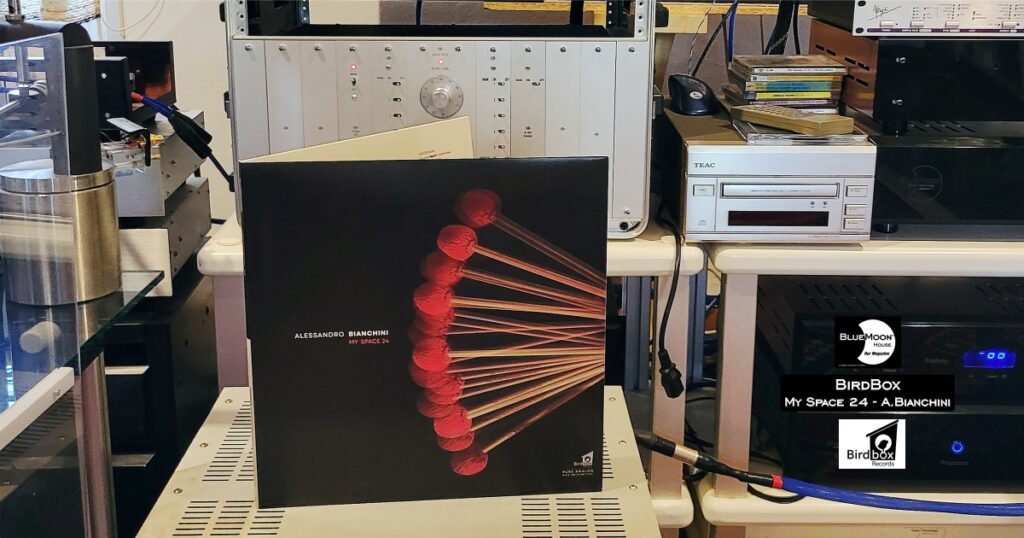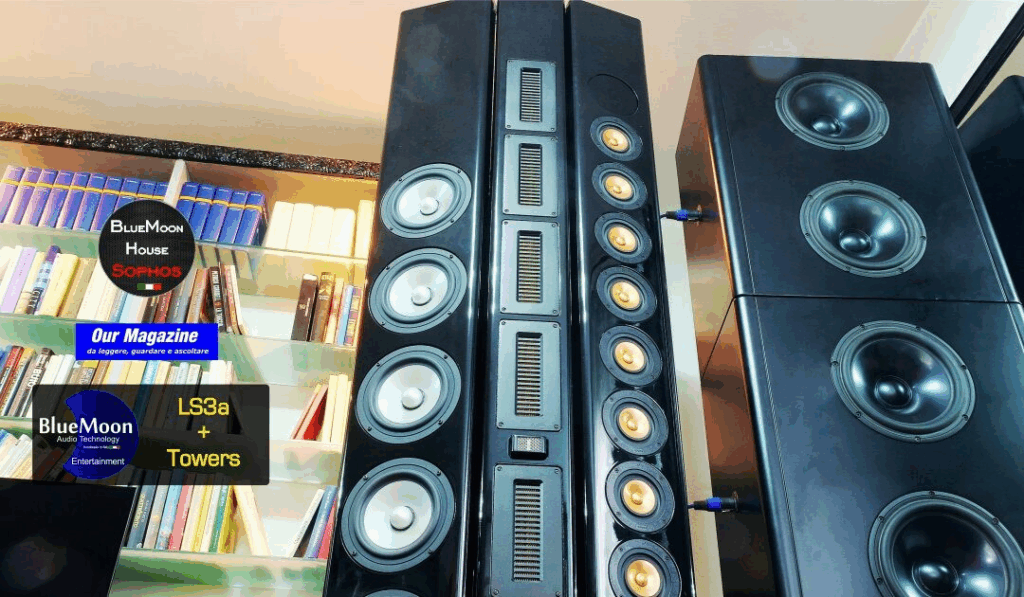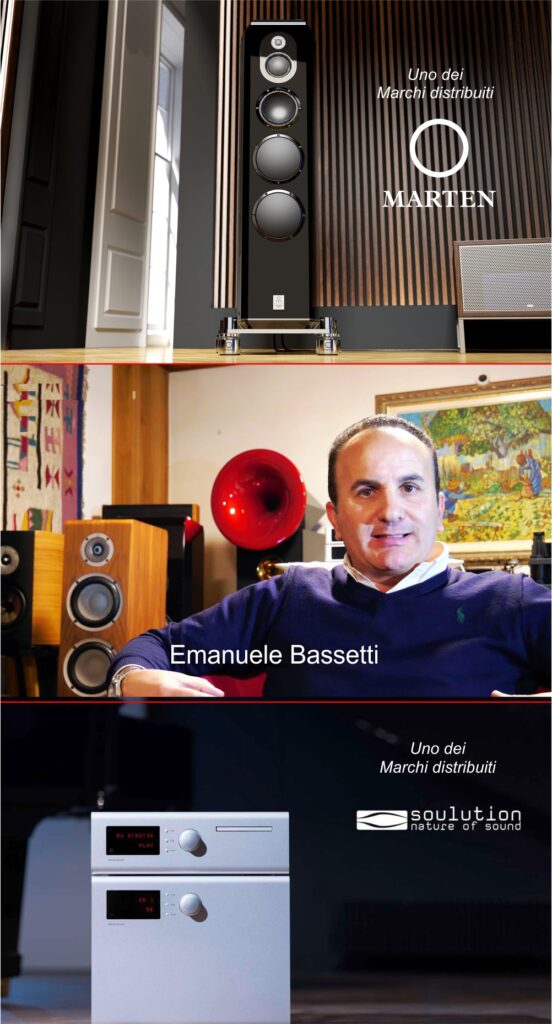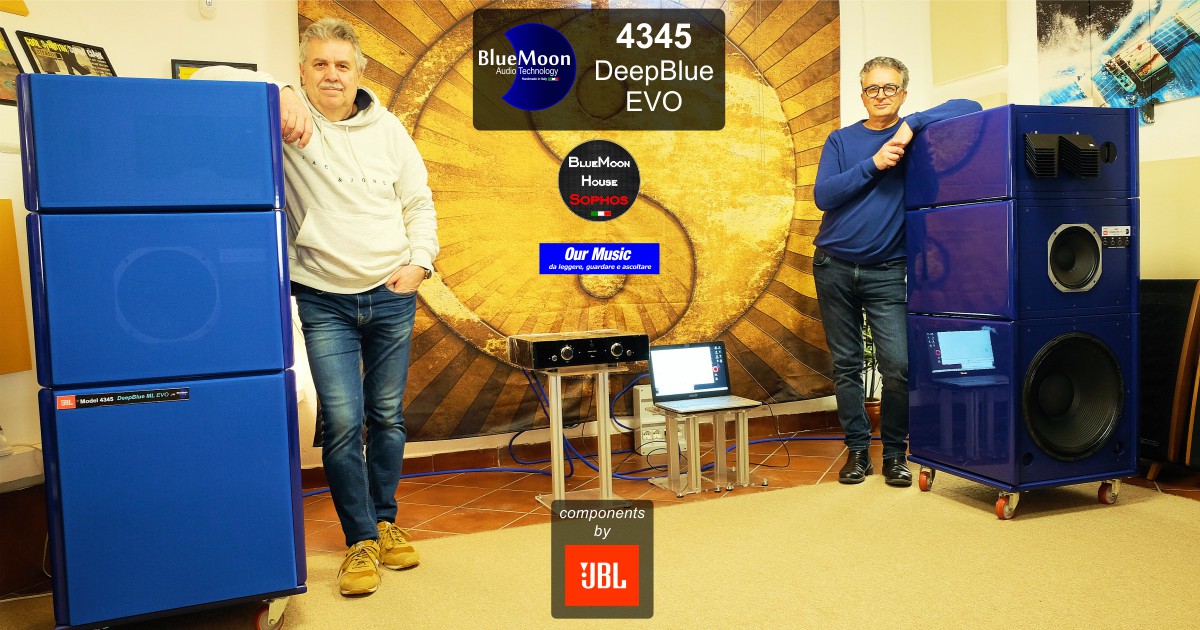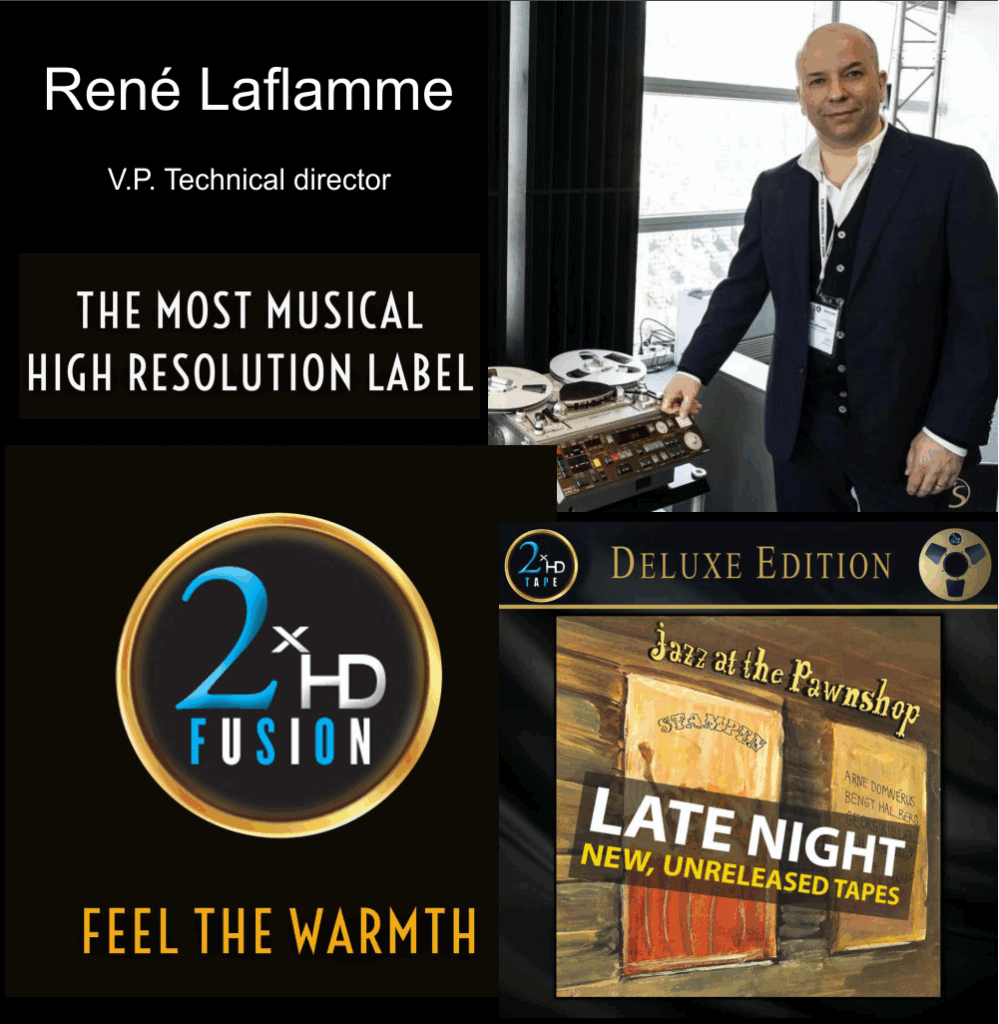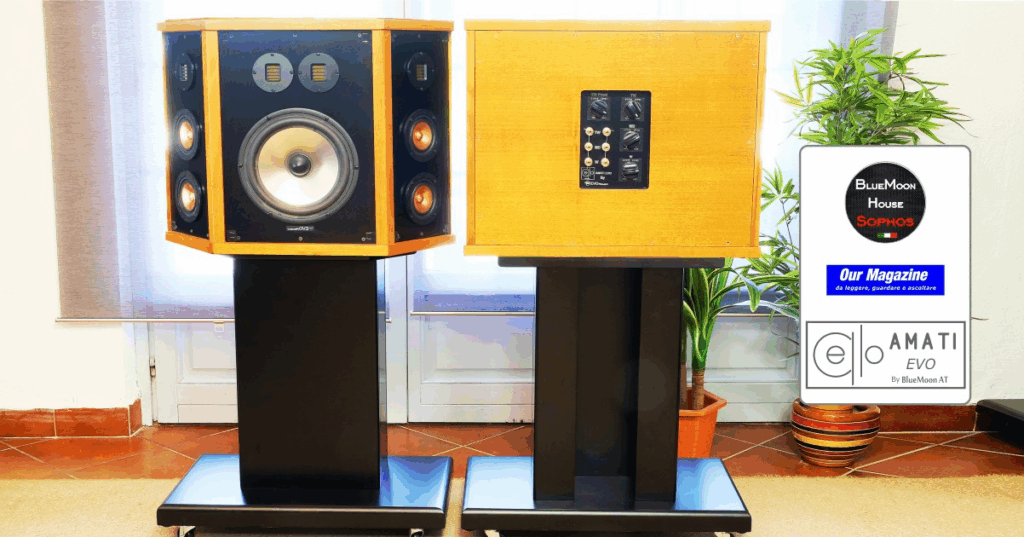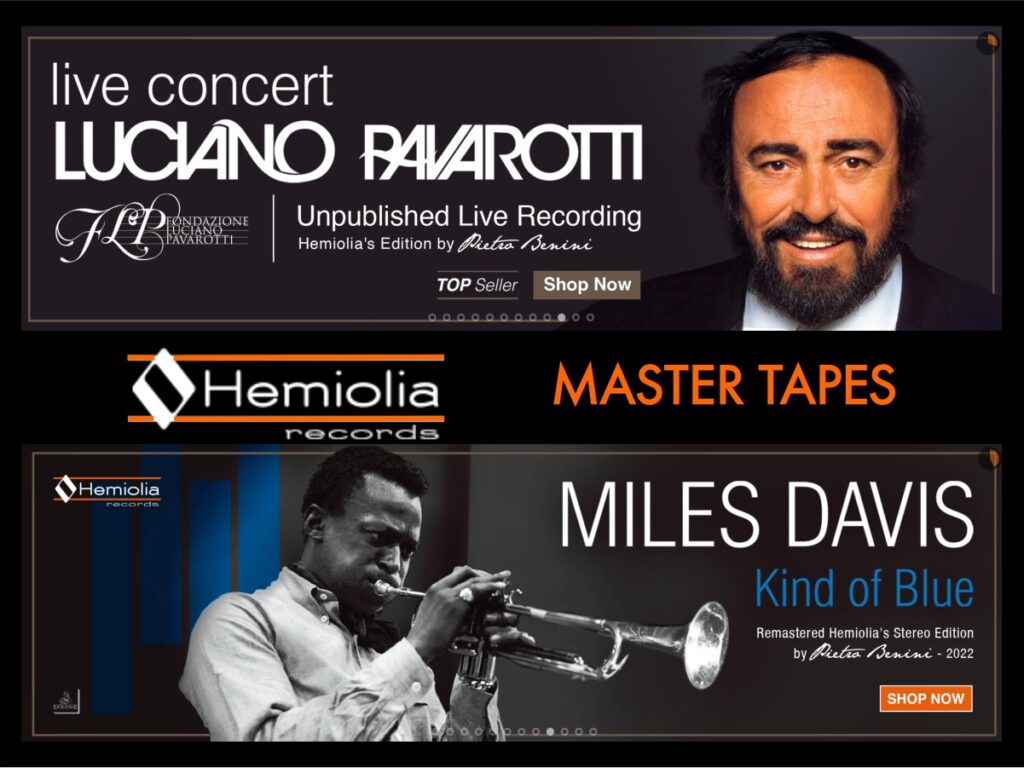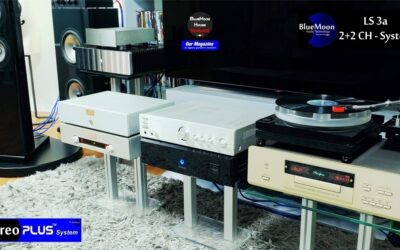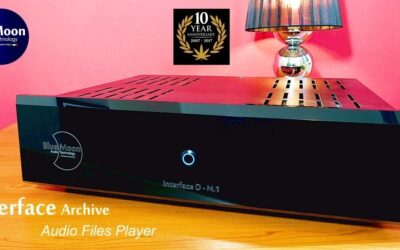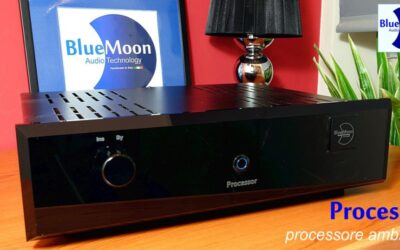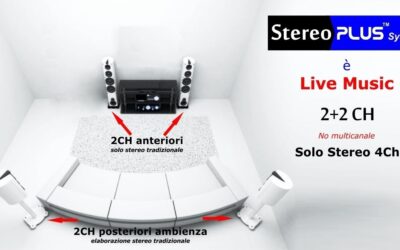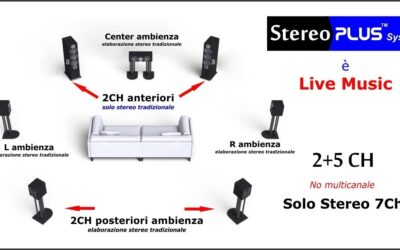Gene Krupa – Jazz Legend

By Bruno Fazzini
Gene Krupa
Krupa ha avuto il merito di elevare la batteria da strumento di secondo piano a strumento solista. Egli pubblicò un metodo di studio della batteria che risulta valido ancora oggi. Fu anche un collaboratore di aziende costruttrici di questo strumento, alle quali consigliò modifiche strutturali che vennero accettate e messe in opera.

Dagli inizi negli anni venti fino alla grande depressione, per continuare con la formazione di Benny Goodman nel 1933, Krupa divenne famoso per i suoi virtuosismi che lo resero sempre riconoscibile grazie al suo stile unico.
Il lungo assolo nel brano Sign, Sign, Sign (ascoltabile in uno dei video che troverete di seguito) del 1937, portò Krupa all’attenzione internazionale.
La sua decisa personalità si scontrò con quella altrettanto forte di Benny Goodman, così l’unione artistica naufragò nel 1938 e fondò, poco dopo, una sua orchestra. Tre anni dopo entrarono nella formazione il trombettista Roy Eldrdge e la cantante Anita O’Day. Fu un trionfo.

Poco prima della guerra Krupa venne arrestato per droga e la sua band andò a rotoli. Con il sostegno artistico delle composizioni di Gerry Mulligan egli riuscì, qualche anno dopo, a ricostituire una Big Band che prevedeva anche una sezione di archi che andò avanti fino al 1951.
Nel 1959 la Columbia gli dedicò un film biografico, The Gene Krupa Story (visibile in un video che troverete di seguito).
Memorabile fu il concerto The Famous Carnegie Hall Concert del 1939 e i suoi duetti alla batteria con Buddy Rich.
Bruno Fazzini
 |
|---|
Gene Krupa and Buddy Rich Interview
Conover: Gene, what was the first time that you heard Buddy play?
Krupa: Uh, actually, I heard Buddy play when he joined Tommy Dorsey’s orchestra in-I don’t know exactly when he joined, but this was in, I’d say, 1939. At the Palmer House in Chicago. And the only reason I didn’t hear him before then was I was scared to death. Because the guys in Goodman’s band-like Harry James and all the chaps-used to come by and say, ‘Man this kid over at the Hickory House is going to scare you to death.Wait ‘til you hear him.”...See more

“Mi ritrovai così, per caso, sulla 7th Avenue, non sapevo bene perché ci ero andato, ma l’idea di rivedere Johnny ancora una volta era tanta. Mi ero fatto accompagnare da un’amica perché da sola non riuscivo a sostenere quell’eventualità. La remota e insperata quanto agognata speranza che il suo sguardo, lì dietro il suo strumento, potesse incrociare nuovamente il mio. La sola idea mi faceva battere il cuore, così forte da inondarmi le gote, già rosse per il freddo di una Manhattan coperta di neve…..See more

http://it.wikipedia.org/wiki/Gene_Krupa
….all’anagrafe Eugene Bertram Krupa (Chicago, 15 gennaio 1909 – Yonkers, 16 ottobre 1973), è stato un batterista statunitense, bandleader di big band jazz, ed esponente di primo piano dell’età del jazz, uno dei primi batteristi ad acquisire una vasta popolarità…..See more
 |
|---|

Krupa was born in Chicago, Illinois on January 15, 1909 and was the the youngest of Bartley and Ann Krupa’s nine children. His father died when Gene was very young and his mother worked as a milliner to support the family. All of the children had to start working while young, Gene at age eleven. His brother Pete worked at “Brown Music Company”, and got Gene a job as chore boy. Gene started out playing sax in grade school but took up drums at age 11 since they were the cheapest item in the music store where he and his brother worked. “I used to look in their wholesale catalog for a musical instrument – piano, trombone, cornet – I didn’t care what it was as long as it was an instrument. The cheapest item was the drums, 16 beans, I think, for a set of Japanese drums; a great high, wide bass drum, with a brass cymbal on it, a wood block and a snare drum.”…..See more

Eugene Bertram Krupa was one of the greatest drummers in the music world who will be remembered as the first one to introduce drums as a solo instrument. His most famous works include his epic “Sing, Sing, Sing” in 1937. Krupa had a great influence on music. His life was dedicated to music and he can be said to have won for drummers a new freedom to express themselves….See more



































VIDEO






